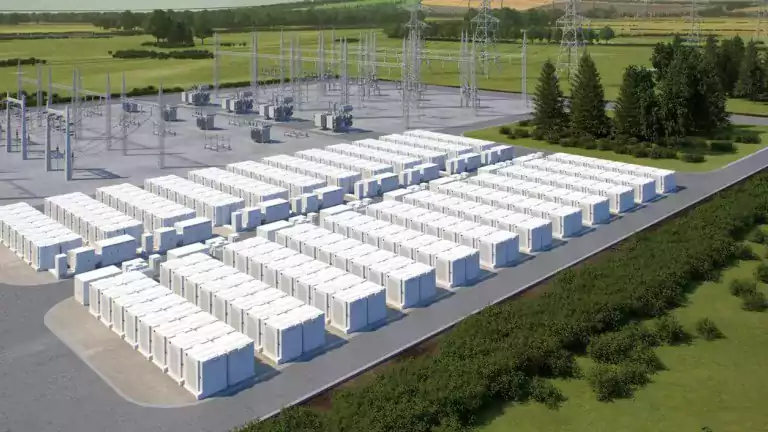
Meet Maximo – the AI-powered robot changing the solar energy sector
The renewable energy sector is developing at a fast pace both in Bulgaria and globally. Thus, technology and equipment are crucial for the sector to advance to meet the growing energy demand.
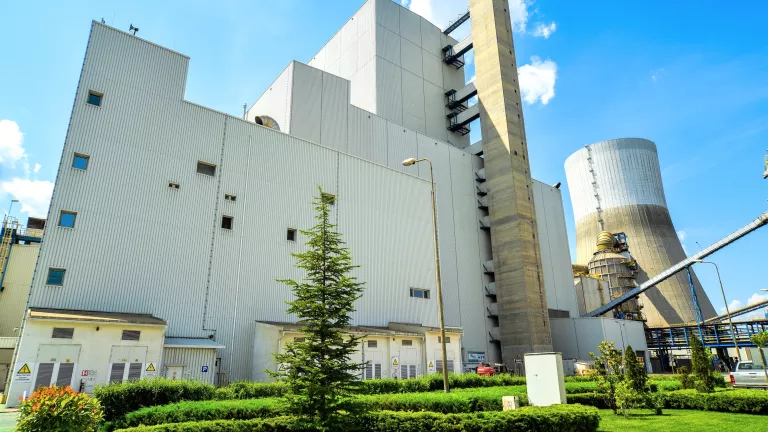
Molten salt energy storage or how AES Bulgaria sees the future
Recently, apart from the usual electricity prices peaks, we also witnessed negative prices on the energy exchange.
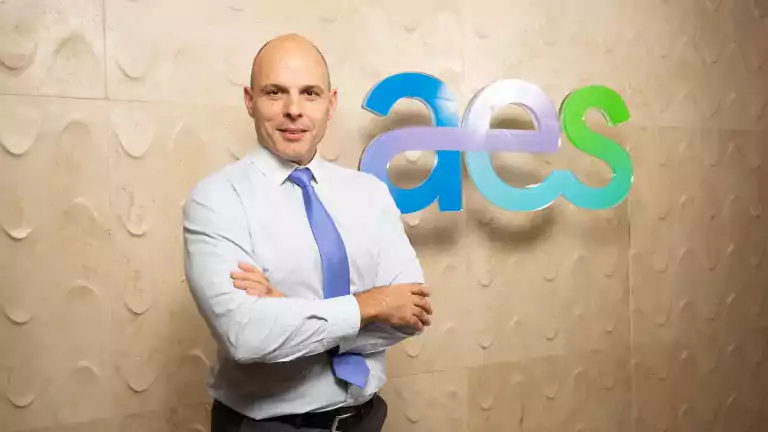
AES globally has a lot of investment in renewables combined with batteries
Mr. Tzankov, what do you think the Bulgarian energy system looks like today? What do you see?
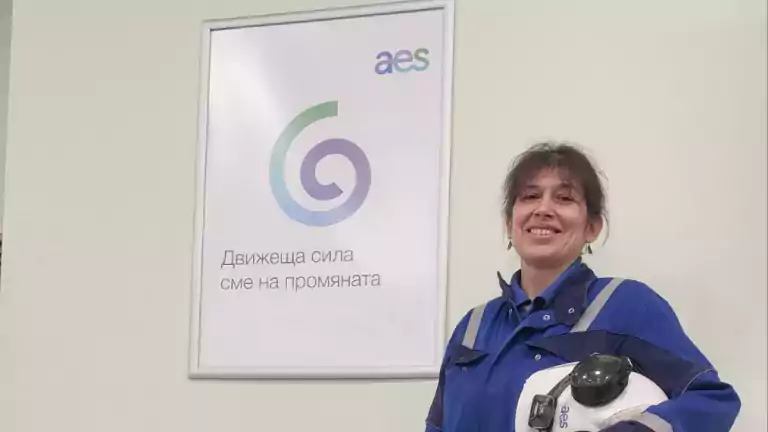
Dilyana Koleva feels AES Bulgaria as her family
Dilyana Koleva isn't just any assistant operator at the AES’ TPP in Galabovo. She's the only woman in that role, making her a true trailblazer.
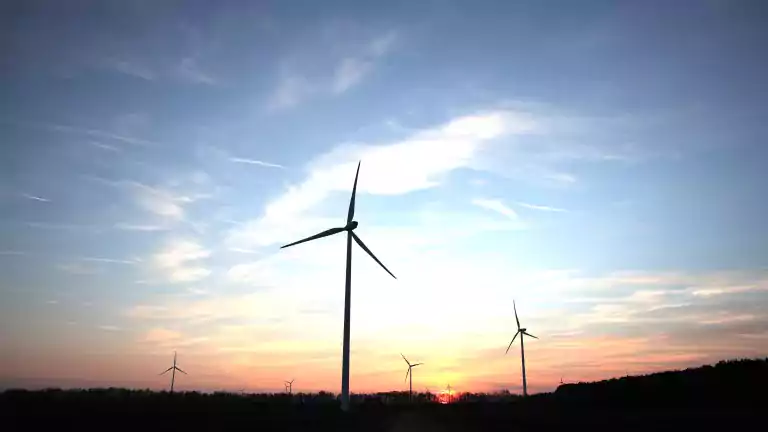
AES St. Nikola Wind Farm contributes to Bulgaria’s green future
The green energy transformation on a global scale is underway and as one of the flagships of this transition towards a greener and sustainable energy sector, AES is continuously working for this.
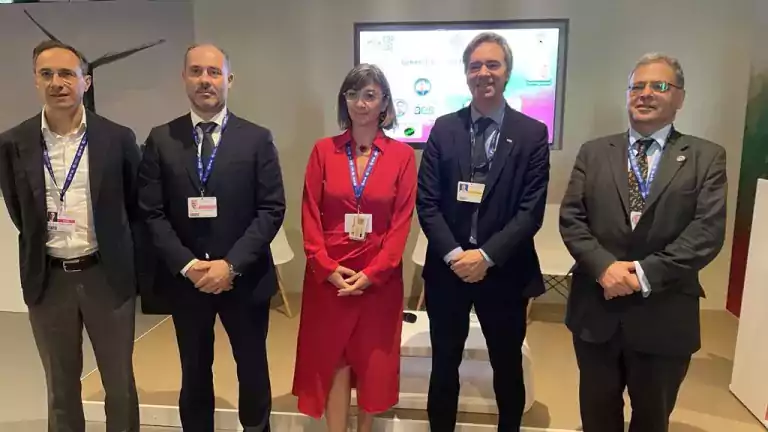
AES: Accelerating a responsible and just energy transition in Bulgaria
In December, the AES Corporation joined business and world leaders at COP28, the annual UN Climate Change Conference, during which governments discussed how to limit future climate change and how t
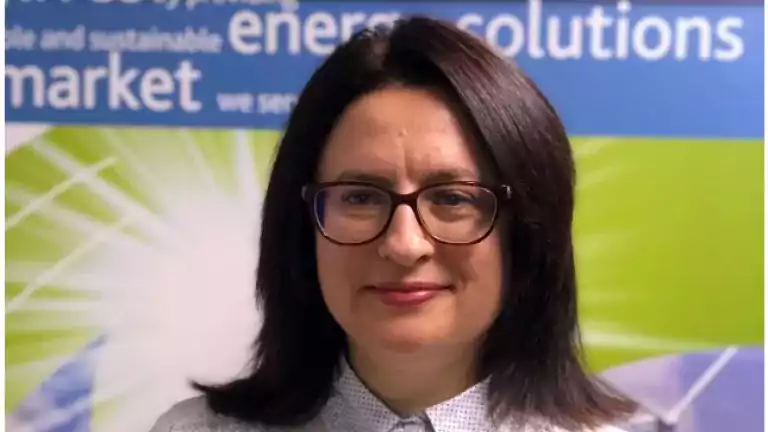
Daniela Slavova, Inventory and Demand Planner at AES’ Eurasia Service Centre in Sofia, tells us what it has been like working at AES and how she has developed in that time.
(06.01.2020)
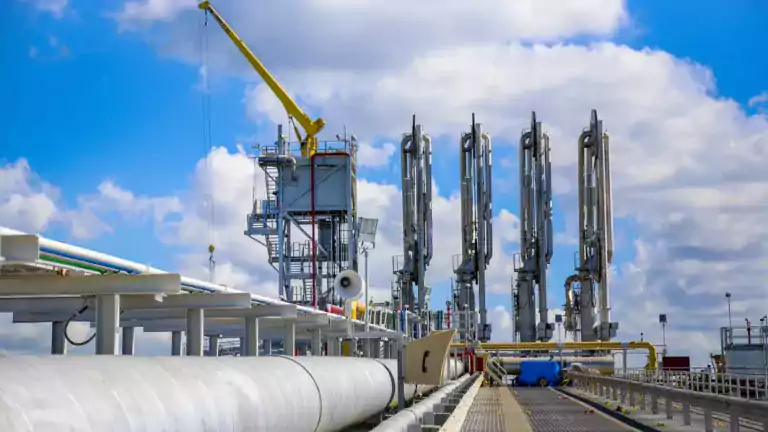
Bulgaria’s future as a gas hub
Natural gas is a key technology in the transition to decarbonization.
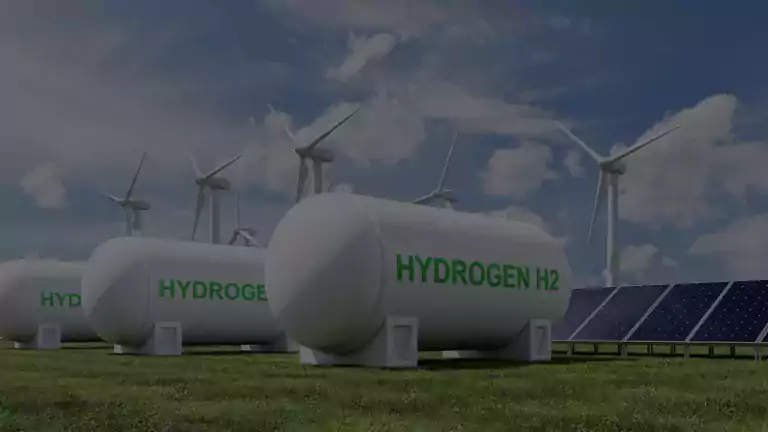
AES at the forefront of investing in Green Hydrogen with the largest facility in the US
The world is at a critical point in the green transition. Greening the electric grid and electrifying much more of our economy are absolutely crucial.
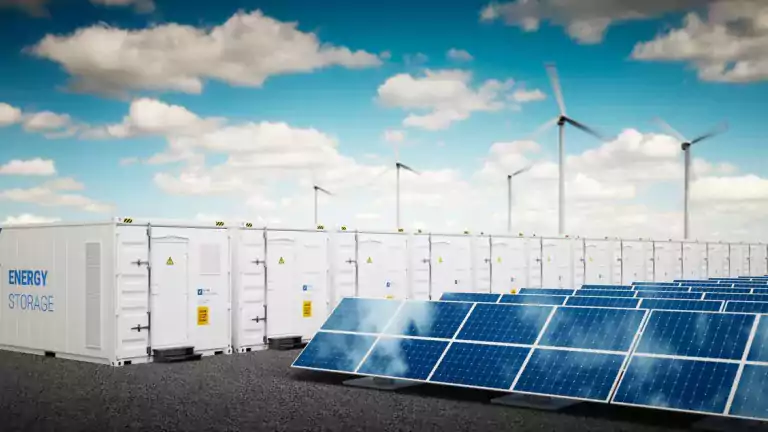
AES:Taking Stock of COP27
On 20 November, the 27th Conference of the Parties to the United Nations Framework Convention on Climate Change (COP27) concluded in Sharm-El-Sheik, Egypt.

Developing an ambitious European hydrogen strategy
Hydrogen is a multifaceted tool and energy carrier, recognized by many countries as a valuable technology to de-carbonize their economies, in particular in hard to abate sectors such as heavy indus
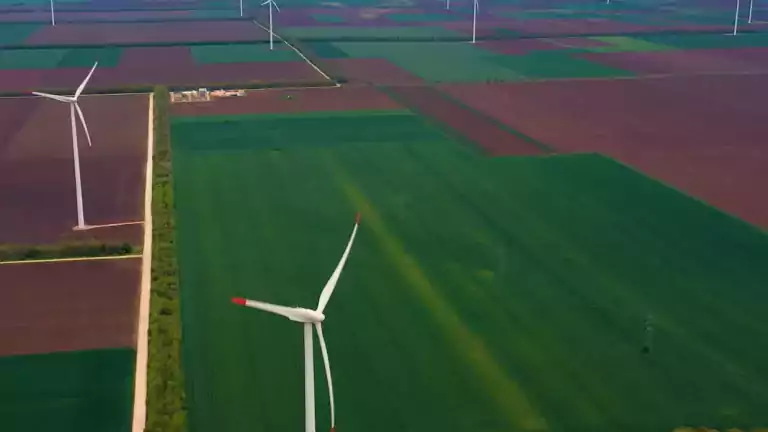
AmCham Bulgaria contributes to the debate on the decarbonization of the Bulgarian Energy Market
“Bulgaria can stay on track to decarbonize the Bulgarian power system by further developing renewable capacity combined with new flexible low carbon capacities”.
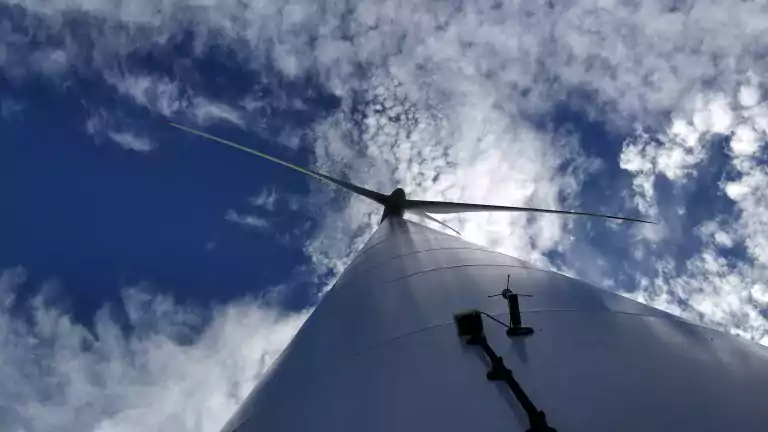
AES Bulgaria’s role in Bulgaria's Recovery and Resilience Plan
At the beginning of May, the Council approved the highly anticipated Bulgarian Recovery and Resilience Plan (BRRP) which is viewed as one of the most robust green plans within the European Union.
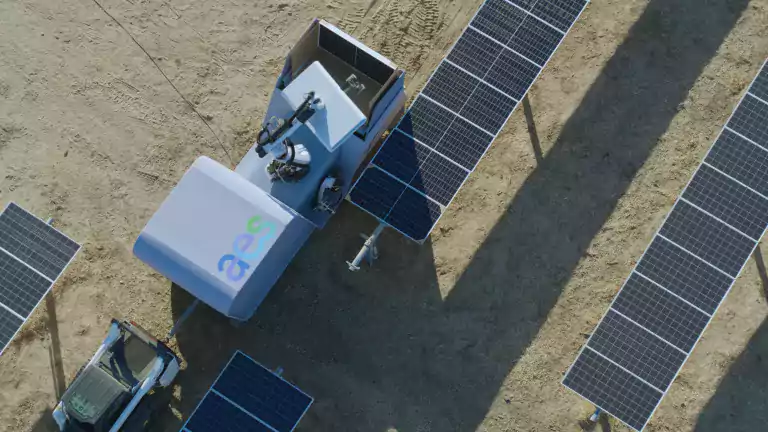
AES’ innovative solutions are transforming the solar sector
Solar energy is increasingly one of the most cost effective and abundant renewable energy resources in the world.
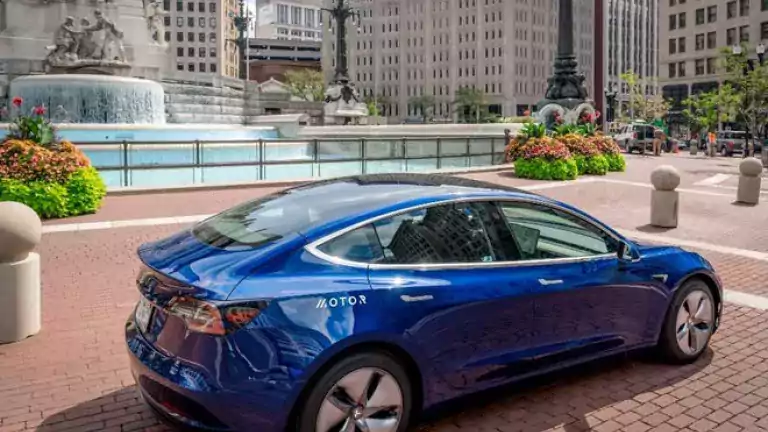
How AES supports electrification by making electric car adoption easier
Emissions from passenger vehicles generate a large share of global greenhouse gas emissions and contribute to poor air quality in many urban cities.
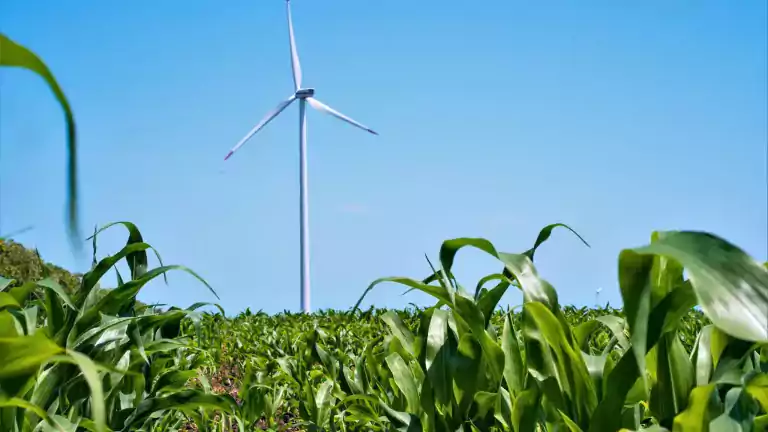
EU Fund to facilitate the green transition
The ‘Fit For 55’ package, proposed by the European Commission in July, constitutes the single most ambitious climate policy proposal put forward by the EU.
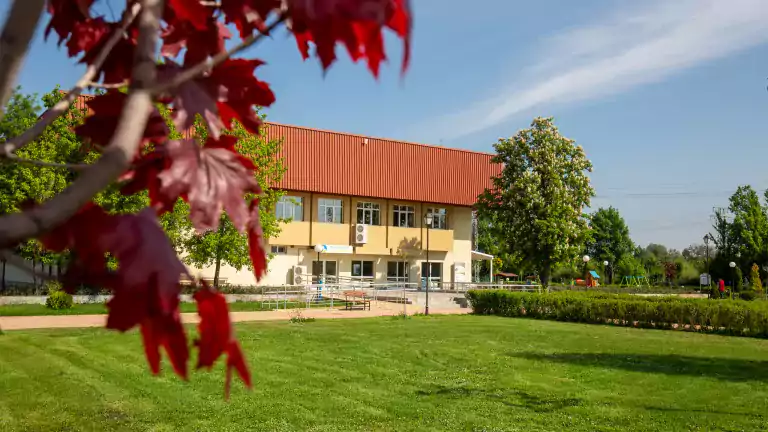
Carbon capture technologies can help cut emissions whilst ensuring security of supply
The urgency of the climate crisis is driving world leaders to give more attention to their climate neutrality strategy and assess whether the expected results will be suffic
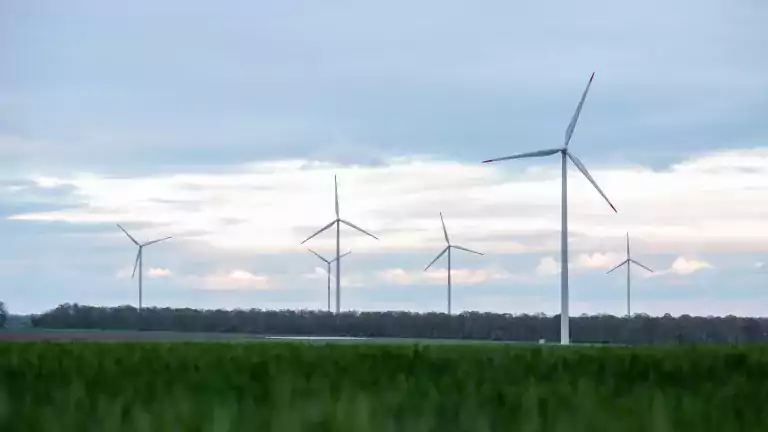
Accelerating the future of energy, together
At AES, we partner with communities to enhance the lives of local people, powering their businesses with reliable and sustainable energy. This is what AES Bulgaria, the largest foreign invest

Keeping the lights on: energy security in Bulgaria and across the EU
Energy security is at the heart of the EU’s Energy Union project which aims to provide “safe, affordable and climate-friendly energy” for all European citizens.
